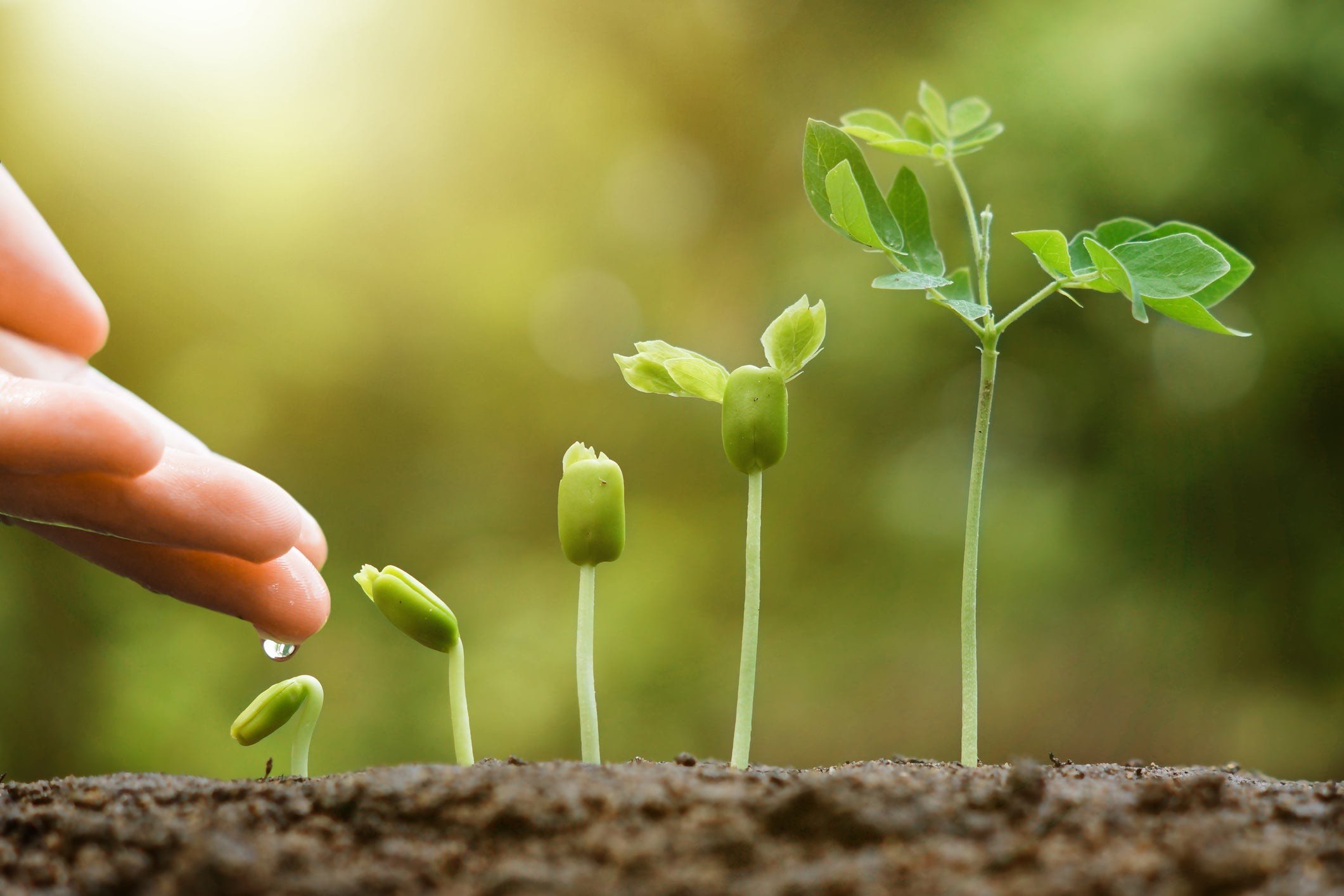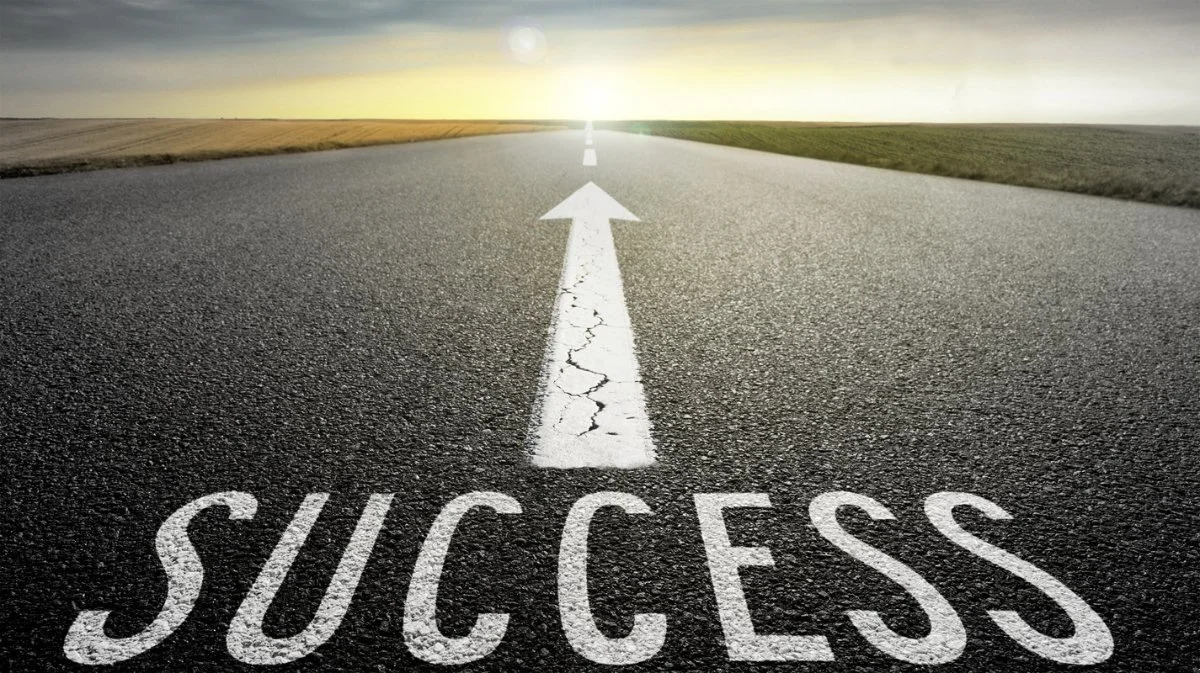The Transition of Life for a College Graduate: A Guide to Preparing for Success
By Blake Lewis
Fall 2024

When going through life in its mountains and valleys it is always expected for you to experience some sort of change. Growing up we become comfortable with that change because we always feel that safety net below us. Transitioning from Pre K to Kindergarten, Elementary to the 6th grade, Middle School to Freshman year, and Highschool to College were all filled with many different emotions to process. There was excitement, fear, anxiousness, relief, and even sometimes sadness through these events. However, now that we are getting closer and closer to being a college graduate, I sense a new feeling. I feel that this feeling resonates with my peers around me as well. A feeling that gets a little farther away from happiness the more you think about it. Anxiety? Fear? Overwhelming? Impatience? Ambition? These words come to mind whenever I think about this topic and I feel it greatly resembles the transition we are about to face. There are no safety nets this time.
In this blog post I am going to guide you on methods and goals you can set for yourself to become successful post graduation. My goal for myself is that you can utilize my post to guide you in the right direction in your early career.
What you Might be Questioning?
A question you may keep asking yourself is “What does it take to be successful?” or “What mindset do I have to put myself in?” for a transition you have never experienced. These questions are okay to ask yourself because it shows that you are ambitious to start your career. It shows the starter steps taken to be successful.
When going through this transition you must prioritize developing a growth mindset. Learning how to adapt to new environments, develop new skills, and strengthen your patience while pursuing goals, can help you grow as a person tremendously.
According to the journal Brain Sciences people with a growth mindset tend to show an ability to grow without incentives, have increased motivation, reach higher levels of academic/performance based achievements, and have better coping skills, especially with academic tasks.
Tips to Develop a Growth Mindset
When conducting research I found strategic methods and tips that one could take to develop a growth mindset. Purdue Global had this to share about growth mindset tips:
1. Identify Your Current Mindset
You can’t amend what you don't know. Self awareness is key. Start noting what you think and feel when you make a mistake or are faced with a challenge
2. See Challenges as Opportunities
Tell yourself that you gladly accept this challenge – it is an opportunity to learn and grow. You might not believe yourself at first but keep telling yourself that way.
3. Be Patient With Yourself; Growth is a Process, Not a Destination
You won’t develop a growth mindset overnight, and you may make progress, then regress, then make progress again. Remind yourself that this is part of the process.
4. Focus on Your Positive Actions Rather Than Traits
Too much focus on your traits and talents lends itself to strengthening a fixed mindset. Take positive action toward your goals, and give yourself a little pat on the back for doing so.
5. Talk to Others Who Have Developed a Growth Mindset
Ask them how they did it – they may be able to offer feedback and tips. Surround yourself with people who challenge you to be great. However, do not get this mixed up with competition. These types of relationships should be uplifting and unified.
6. Change Your Perspective on Failure
Alexander Fleming, discoverer of penicillin, said, “I did not invent penicillin. Nature did that. I only discovered it by accident.” Start telling yourself that failure is an opportunity to learn or discover something new.
7. Write Down Your Goals
Research suggests that those who write down their goals have a higher chance of reaching them. Write down what you want to achieve.
8. Celebrate the Success of Others
There is plenty of growth and learning for all. When others succeed, be happy for them, congratulate them, and ask how they did it. It takes a lot more effort to be bitter than to be respectful. Celebrating others is a great resemblance of character and maturity that comes with developing a growth mindset.
9. Ask for Feedback
Those closest to you may see avenues for improvement that you cannot. View the feedback as a way to get better, not criticism.
10. Remind Yourself That You May Not Be Good at Something – Yet
“Yet” tells your brain that it will happen – you just need to put in more time and practice.
What most of these tips have in common is that they all resonate a sense of moral values. Tips like 8, 5, and 6 are great for the development of healthy relationships with others and the practice of becoming a better person.
When you generate a growth mindset your character grows significantly as well. You will often find yourself having perspectives on life as a whole being completely different than how you formerly used to think.
How you perceive failure can be your greatest ally or your worst enemy. Develop your mind so that its a safe place to be when you interpret failure. When you get out in the real world and you work every day and life starts to feel repetitive, you should always feel safe within your own thoughts. Using the tips above can help generate not only a growth mindset, but it can stimulate positivity, confidence, and reassurance within your everyday thoughts.
How you perceive failure can be your greatest ally or your worst enemy. Develop your mind so that its a safe place to be when you interpret failure.
What are Goals?
Setting goals for yourself can build a foundation of guidance for your future. Goal setting can be a source of motivation and a useful tool of consistency, perseverance, guidance, and mindset. These goals can be realistic and challenging to help better you as an individual.
When thinking about goals we typically think about the immediate impact. The final result. We tend to be so impatient and so greedy to get the end product but we must learn to be patient through the process. The article Reflective Goal Setting gives us 8 different criteria on how goals can be interpreted and categorized when we set them.
1. Goal Specificity: Having broad goals will not have the same effect that specific goals will. Specific goals are easier to measure and help focus our attention to these goals. Having specific goals helps the process of achieving it much more fluently and achievable.
2. Proximity in Time: Being able to monitor our goal and planting specific time frames on them helps us achieve them.
3. Degree of Difficulty: Difficulty of goals reflect the amount of growth being made. Easy goals result in having low or static growth. Difficult goals test our character and can result in greater growth.
4. Self-Generated: Goals set up by yourself helps keep us more motivated. If given a goal by someone else, we may interpret the goal as an assignment given to us. This then limits personal growth and can be looked at as a task to complete that will only satisfy the person that has given it.
5. Congruence Between our Goals and Others Goals: This goes back to me saying to surround yourself with people to ask questions to or people with growth mindsets. If we align our goals with with those who play significant roles in our lives, we are less likely to be challenged.
6. Level of Conscious Awareness: Self awareness is key when setting goals that involve new skills to be developed.
7. Process or Performance Oriented: Process goals are very powerful when it comes to personal development. It's easy to say to yourself “I want to be a millionaire” but the process to achieve that goal is what really matters. You can’t be too focused on the end product without going through the hustle and process first.
8. Chronological Formatting: Ticking off small goals off your list first is a great way to slowly achieve larger goals.
What we can take from the list that Reflective Goal Setting provides us with is that goal setting is the fundamental backbone for success. Having goals that pushes you to your limits develops plenty of personal growth.
Personal Connection
Me being a senior undergrad I feel myself going through the process of preparing for life after college. Preparation is key and I feel what is at stake getting closer and closer to graduation. I decided to interview a close friend of mine, Rollie, to give his perspective on what he anticipates after graduation. Rollie states, “It's definitely something I don't like focusing on. Not that I don't want to leave school, but the idea that I will be transitioning to an environment where there is much more need of responsibility and self awareness. I currently live in an apartment so I feel that I am developing a lot of independence and responsibility to prepare myself for the near future.”
I then asked Rollie on his thoughts about goals and routines and his opinions on them. He stated, “Goals are important. I’ve set goals for myself in the past and some I've achieved and some I didn’t. I don’t see not achieving them as the end of the world though…Routines are a part of my everyday life. I live by a schedule and see it as a list of tasks I need to get done.”
I had this interview with Rollie because I want you as a reader to know that us college students are all in the same boat. We are all thinking very similarly and want what's best for us post graduation. Take this interview as a source of grace and that when done with the right methods of goal setting and personal growth you are more than capable of being successful.
Bringing it Together
When utilizing the tips and ideas given in this blog post I will hope that I provided you with that safety net. Looking forward to the path of success, it's a road that doesn't look the same as the person next to you. Everybody has their path and the only way you are going to get there is if you grow as a person. You need patience, persistence, structure, and a little bit of delusion which we often mask as ‘belief’. Goal setting is your routine to achieve success but having personal growth and a growth mindset is what gifts you the patience to endure that process.
Blake is a Senior at North Central College studying Marketing. He is a passionate and goal driven young man and aspires to have a career in sales post graduation. In his free time he loves to watch sports, spend time with friends and family, and exercise. Additionally, Blake is a First Generation college student in his family and is fully grateful for having the privilege of attending school.


